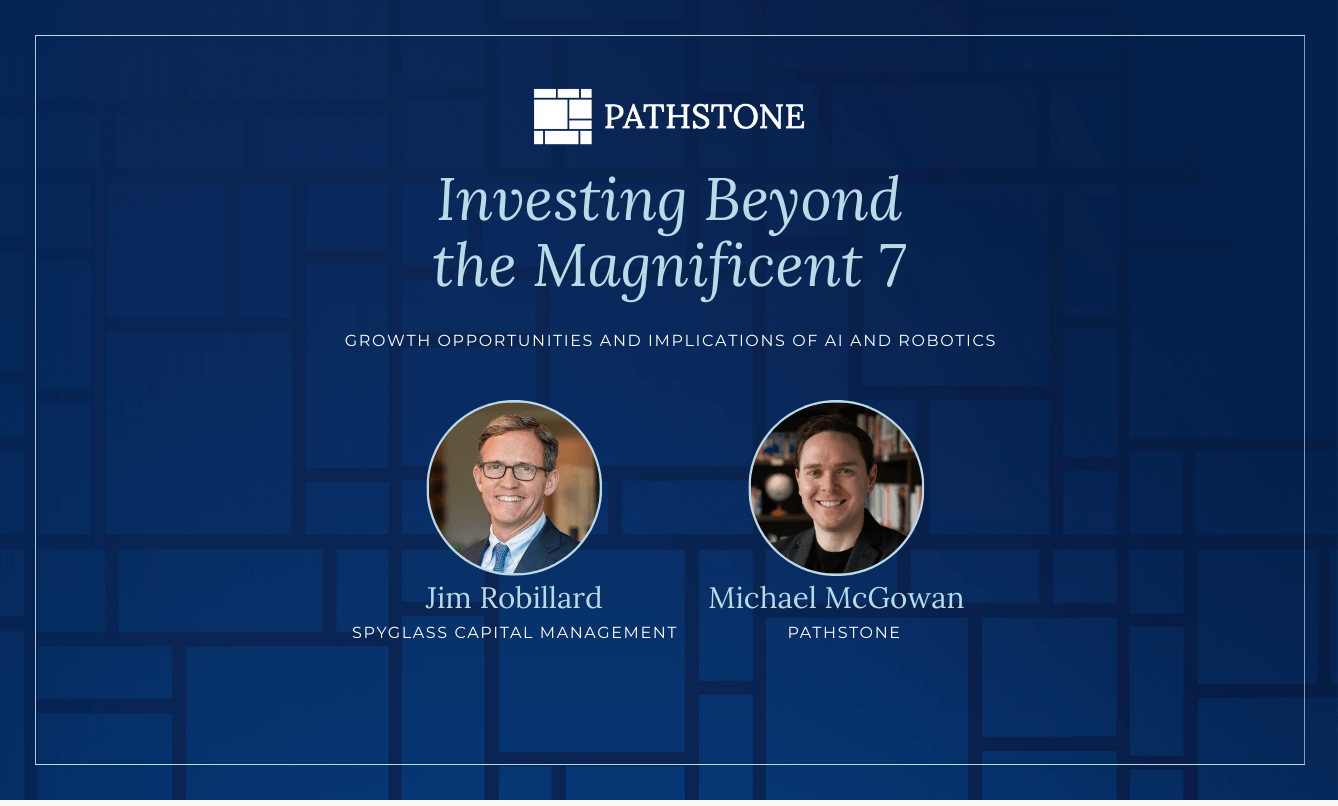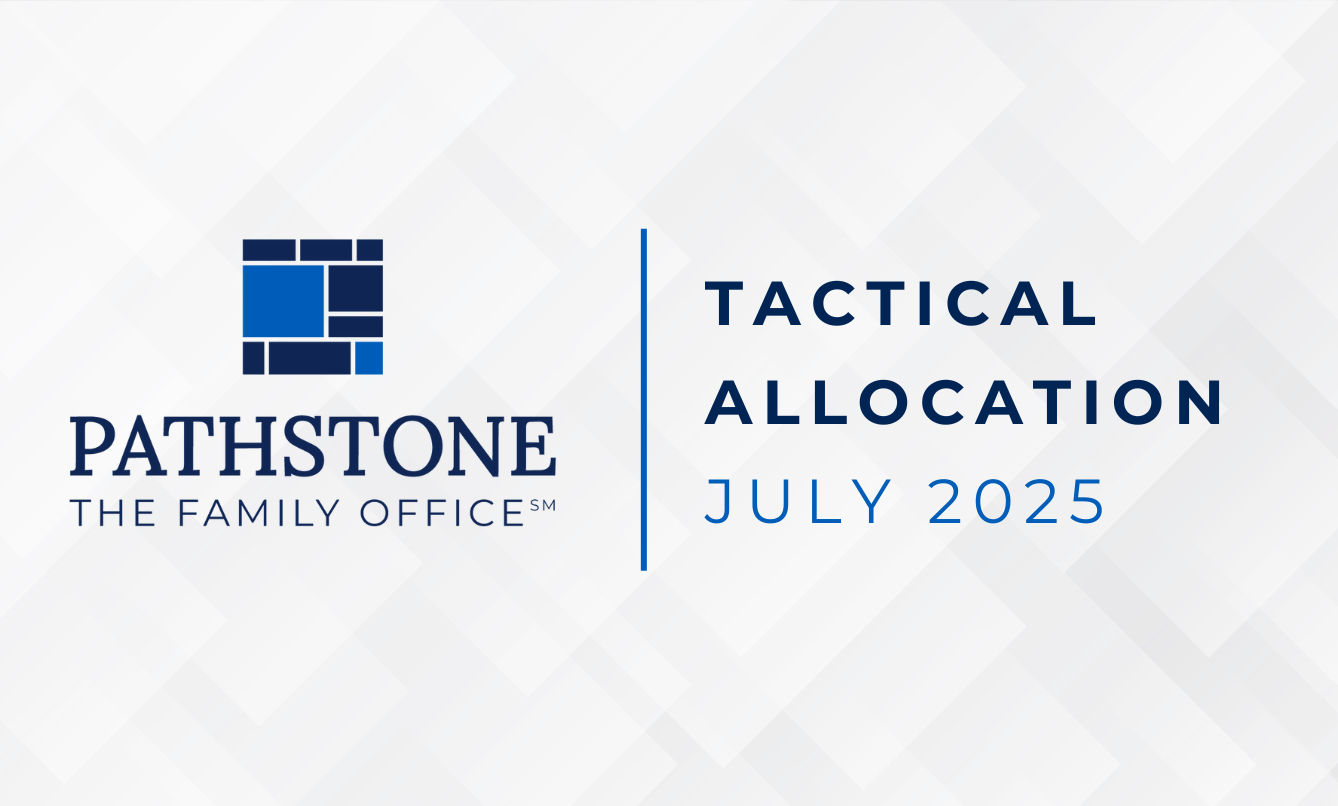
On a sunny September afternoon in Boulder, Pathstone had the honor of co-hosting the second Impact Venture Capital Summit with the Katz Amsterdam Foundation at the University of Colorado Folsom Field. The gathering, designed for private market investors, fund managers, impact company founders, CEOs, and thought leaders, addressed the current state of private market impact investing and explored the role of venture capital in fostering mental health innovation, scaling climate technologies, empowering underrepresented communities, and closing the women’s health gap – as well as structural challenges within the venture capital sector itself.
Conference attendees were optimistic about the power of investment capital to enact positive change at meaningful scale, whether to combat climate change or to address social inequity. They were also realistic about the challenges.
The Big Picture on Climate Investing
The summit kicked off with a keynote panel led by Pathstone Director Justine DeCoste, featuring Colin le Duc, a Founding Partner of Generation Investment Management, and Lucas Joppa, Chief Sustainability Officer of Haveli Investments. Colin and Lucas both have extensive experience at the complex intersection of sustainability, corporate strategy, investing, and technology.

Some key takeaways from their dialogue:
- The best companies in the world operate sustainably, according to Colin. Industrial demand for sustainable sources of energy and other climate resiliency solutions is greater than ever.
- Both panelists agreed that finance needs to catch up to industry in terms of investing in climate solutions. Colin noted that investment in clean energy technology and infrastructure is set to hit $2 trillion in 2024—twice the amount going into fossil fuels. Only five years ago this ratio was 1-to-1, not 2-to-1: a dramatic sign that we are moving in the right direction on clean energy investment. That said, we are not moving fast enough and will need $5 trillion invested annually to achieve net-zero greenhouse gas emissions by 2050.
- In addition to deploying more capital toward renewable energy production, investment in electrical grid infrastructure is critical – currently, grid connection issues are blocking the adoption of renewables despite strong demand from the industrial sector.
- There are structural challenges to scaling up climate infrastructure investment. While more venture capital and private equity money is flowing into this space, the return requirements and time frames typical of private fund structures is not well suited to the long-term buildouts and lower returns associated with infrastructure investments.
- The group agreed that the asset management industry needs to innovate, to find funding structures to close the investment gap.
- The panelists (and other attendees throughout the day) emphasized that from a technology perspective we have everything we need today to address climate change. It’s a matter now of intention, investment, and executing the path forward.
(For more discussion of supply/demand dynamics in the power sector, including potential sector impacts, see Pathstone’s recent report Charging Forward: The Case for Investing in Power Now.)
Deeper Dives on the Agenda
Concurrent roundtable discussions later that afternoon highlighted a range of pressing social, economic, and technological challenges across multiple sectors – and the innovative business models funded by private investors that are emerging to address those challenges. Below we provide a high-level summary, and plan to share detailed insights from these discussions over the coming weeks.


Mental health was a key theme, with discussions focused on the growing care economy, particularly around children’s unmet mental health needs, and the role of technology in addressing serious mental illness and addiction. Other discussions addressed systemic disparities in women’s health and how innovation can bridge these gaps, with particular attention to the need for equitable healthcare investment. Participants examined innovations in behavioral health, the workforce shortage, and the impact of AI in healthcare, while also exploring financial and business hurdles for scaling digital health solutions.
Environmental sustainability and food systems were another topic area in focus, with roundtables on the role of technology in fostering sustainable agriculture and climate change mitigation.
Conversations around the venture capital industry itself explored the shifting landscape of diversity, equity, and inclusion, especially in light of recent legal and regulatory challenges, and how emerging venture funds can navigate these complexities.
Finally, advancements in AI and fintech were discussed for their potential to democratize education and financial inclusion, enhancing resilience in underserved communities.
Disclosure
This presentation and its content are for informational and educational purposes only and should not be used as the basis for any investment decision. The information contained herein is based on publicly available sources believed to be reliable but is not a representation, expressed or implied, as to its accuracy, completeness or correctness. No information available through this communication is intended or should be construed as any advice, recommendation or endorsement from us as to any legal, tax, investment or other matters, nor shall be considered a solicitation or offer to buy or sell any security, future, option or other financial instrument or to offer or provide any investment advice or service to any person in any jurisdiction. Nothing contained in this communication constitutes investment advice or offers any opinion with respect to the suitability of any security, and this communication has no regard to the specific investment objectives, financial situation and particular needs of any specific recipient. Past performance is no guarantee of future results. Additional information and disclosure on Pathstone is available via our Form ADV, Part 2A, which is available upon request or at www.adviserinfo.sec.gov.
Any tax advice contained herein, including attachments, is not intended or written to be used, and cannot be used, by a taxpayer for the purpose of (i) avoiding tax penalties that may be imposed on the taxpayer or (ii) promoting, marketing or recommending to another party any transaction or matter addressed herein.







